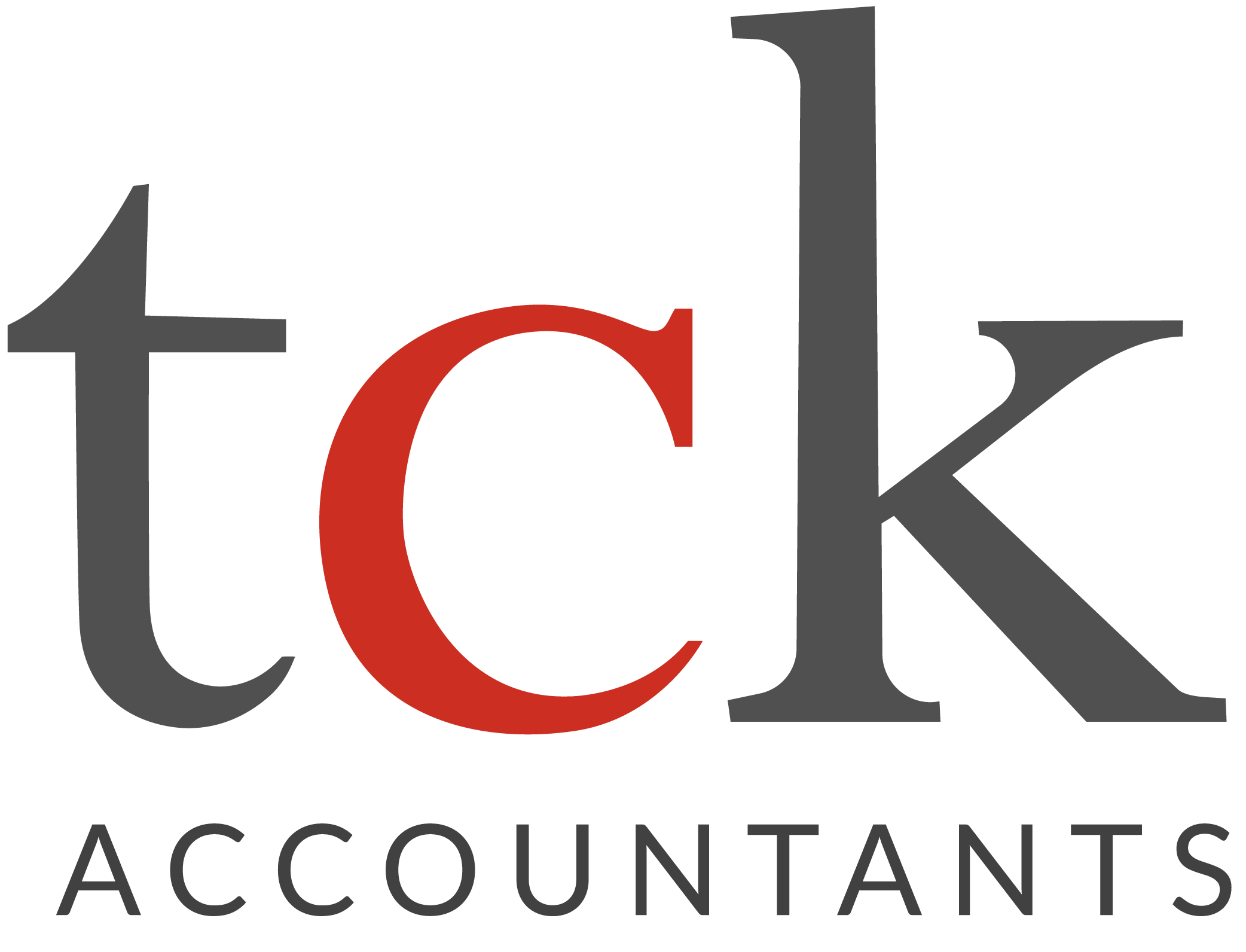In this blog, we take a closer look at why all businesses should have a tax planning session with their accountant every year.
What is Tax Planning?
Tax planning can have some great benefits for any business, large or small. It involves evaluating the business’s current financial situation, estimating probable profit or loss for the remainder of the year, and drawing up strategies to minimise tax while maximising the value of the business.
One main objective of tax planning is to ensure that your business is in an optimal tax position, however, it also provides several great insights into a business that allows you to assess the larger situation. For instance, we may look at whether the structure of the business needs to change; consider its ability to acquire large assets; identify any areas where expenditure is too high; and review the ability to pay a bonus to the directors/owners. Additionally, we can also look at any applicable federal Budget measures and ensure that you are able to make use of any applicable tax incentives.
Tax planning also presents the opportunity to consider whether your business should be paying out any dividends and/or consider trust distributions and prepare the relevant documents for these.
From the perspective of the Australian Taxation Office (ATO), taxpayers have the right to arrange their financial affairs to keep tax to a minimum – Tax planning is legitimate when done within the intent of the law. Importantly, proper consideration of tax planning for even the most ordinary transactions ensures that taxpayers do not suffer adverse tax consequences. Tax planning strategies essentially consider the deferral of income, the acceleration of deductions and the utilisation of tax offsets.
Whether businesses are in a start-up, expansion or wind-down phase, tax planning enables decision makers to be more proactive in managing their tax position. This requires both a plan and an efficient business structure.
Example: Capital Gains Tax (CGT) – Timing Issues
ABC Pty Ltd, a small business entity, holds a parcel of land – a CGT asset which it intends to sell.
A CGT event will trigger at the time that ABC Pty Ltd enters into a contract of sale for the land. That is, not when settlement actually takes place.
By executing the contract of sale on or after 1 July 2022, that is, in the 2022/23 income year, (rather than in June 2022, that is, the 2021/22 income year), ABC Pty Ltd can potentially defer payment of tax to as late as May 2024.
What do we offer?
At TCK Accountants, we offer Tax Planning Packages designed to meet the needs of clients operating through a Sole Trader, Company or Trust structure.
Our income tax planning process broadly entails a review of clients’ financial and business information, so as to:
- Estimate the business profit for the year;
- Estimate the taxable income of shareholders and other stakeholders;
- Estimate the income tax payable;
- Determine the optimum gross salary and/or superannuation contributions;
- Identify initiatives and strategies to legally minimise income tax; and
- Identify issues and/or opportunities that require further consideration.
Final word…
At TCK Accountants tax is our specialty. We have extensive tax planning experience and the industry experience necessary to recognise and implement real cash tax savings. We work with you to structure your business and individual affairs to meet your current and future objectives. We can advise on a range of tax issues, including:
- Small business capital gains tax and concessions
- Employee share schemes
- Fringe benefits tax (FBT) and salary packaging
- Planning and transaction advice
- Trust and estate planning
- Stakeholder remuneration / dividend strategies
- Self-managed superannuation fund administration and regulatory compliance
For further information on our Tax Planning Packages, please contact us here.

